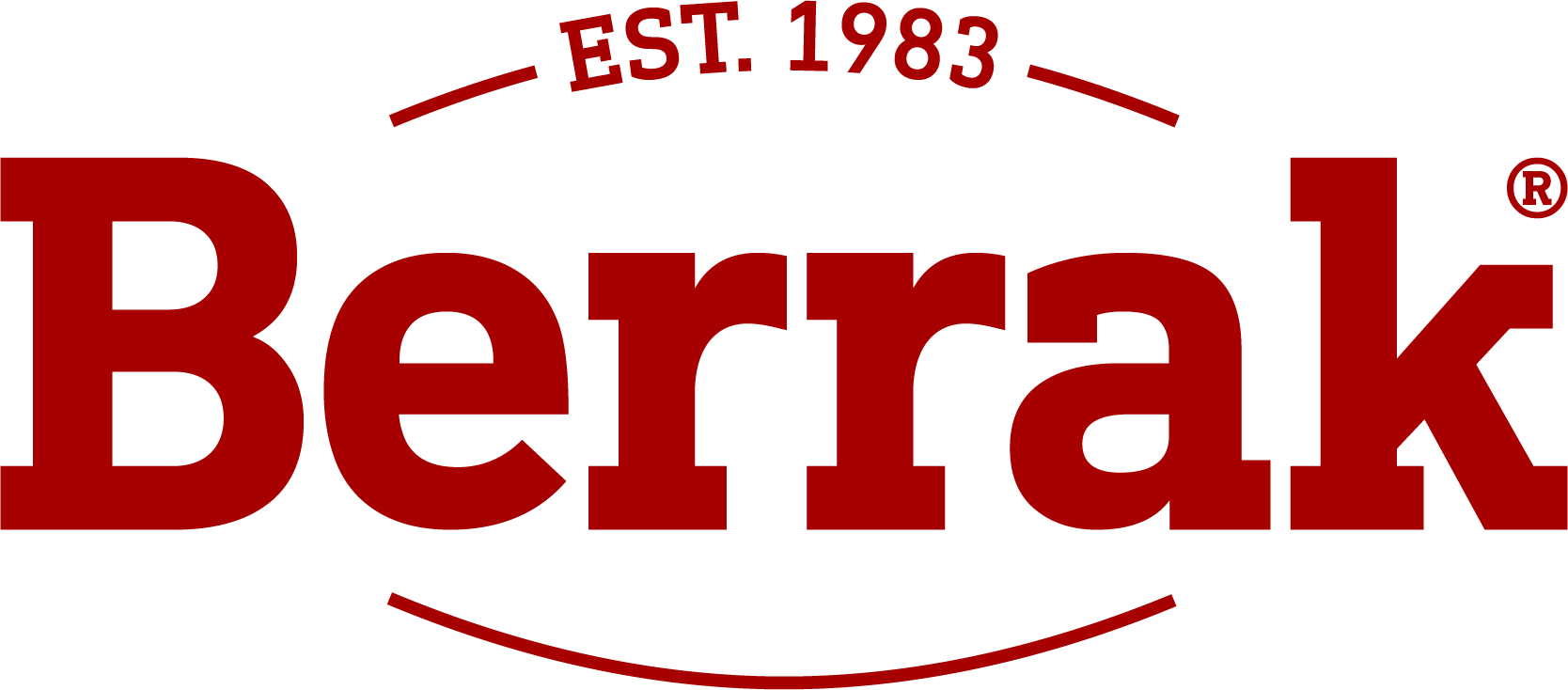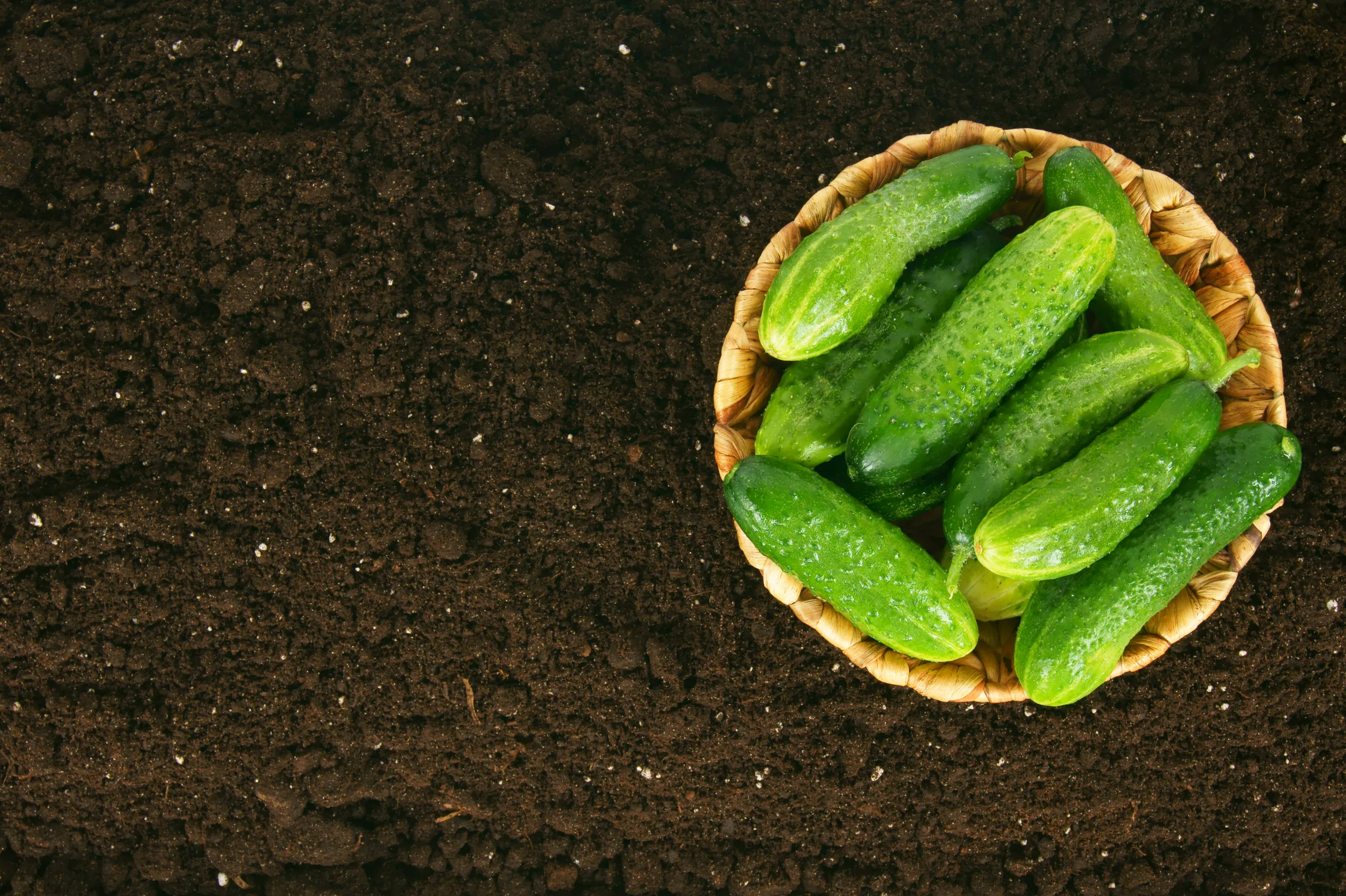Heirloom seeds, passed down through generations by farmers, are naturally adapted to their environments. Compared to modern hybrid varieties, these seeds are more resilient, diverse, and supportive of soil’s biological richness. Preserving heirloom seeds is a vital step for maintaining soil and ecosystem balance.
The Natural Miracle of Fermentation
Fermentation is the transformation of food through natural microorganisms. Pickling, one of the oldest and most well-known examples, not only preserves vegetables for long periods but also enhances their flavors and textures. This natural method enriches food without chemical additives.
The Journey from Heirloom Seeds to Pickles
Vegetables grown from heirloom seeds, symbols of agricultural diversity and naturalness, make their way to our tables. Harvested and prepared using traditional methods, these vegetables are fermented into pickles. Each step of this patient and meticulous process reflects the harmonious collaboration between nature and humanity.
Completing the Cycle: From Soil to Table, Back to Soil
Organic waste from consumed pickles returns to the soil as natural fertilizer, supporting its fertility and enabling new crops to grow. This cycle, starting with heirloom seeds, forms the foundation of sustainable agriculture and keeps the soil alive.
A Legacy for the Future: Preserving Naturalness and Diversity
In an era where heirloom seeds and fermented products are regaining value, protecting this heritage is critical for our future. Producing with heirloom seeds and embracing traditional methods like fermentation strengthens our connection to the soil and supports a natural cycle, contributing to a healthier and more balanced ecosystem.


